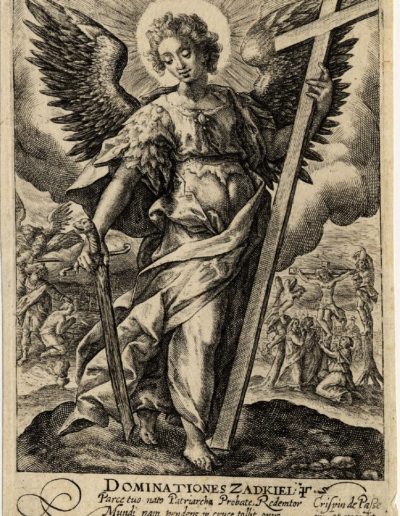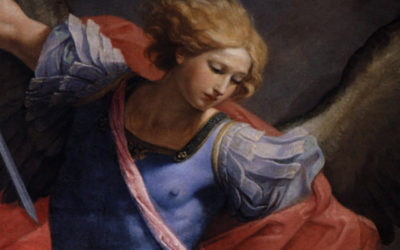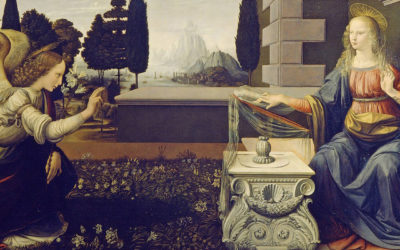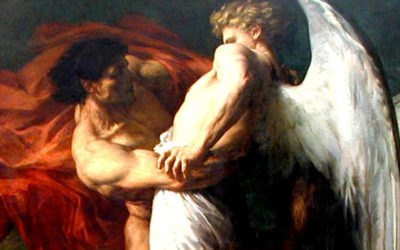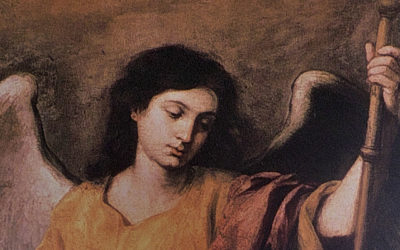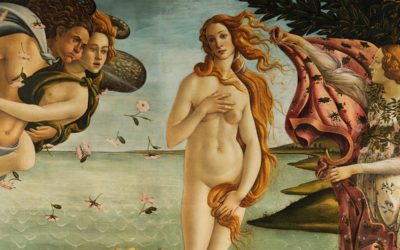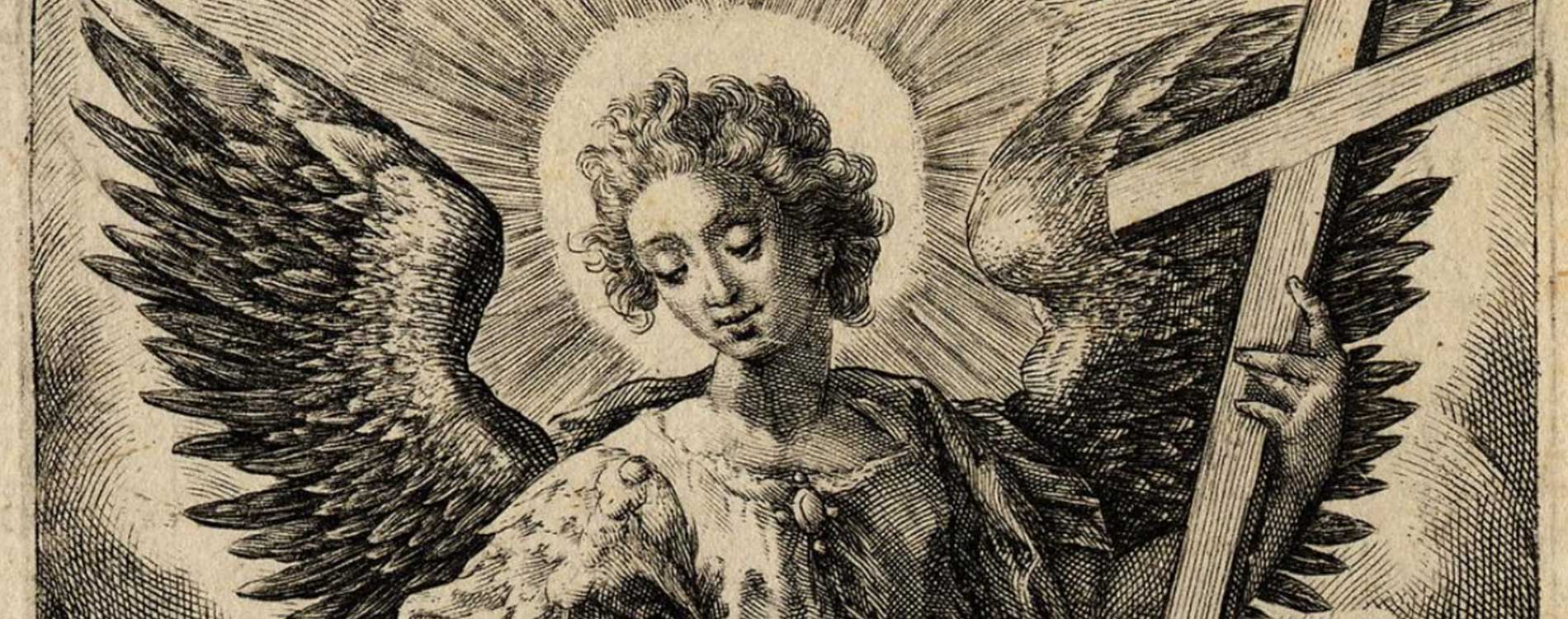
Thursday – day of Jupiter. Day of the spirit.
Angel – Angel Sachiel
One of the chasmalim, the angelic host under archangel Tzadkiel
Planet – Jupiter
Classical rulership of Pisces and Sagittarius.
Mantra – prayer:
May I be reminded of the interconnectedness of all life. May you inspire my curiosity about the world and gaining spiritual wisdom. Please assist me with understanding how to use my imagination to create ideas and images of what I would like to bring into manifestation in the world.
May I be assisted with my prayers for my financial well-being. May I be provided with an understanding of wealth and charity.
May I be assisted with my spiritual practice. May well-being, happiness, and joy be with me and with all living creatures and sentient beings.
_________________
Image by Crispijn van de Passe the Elder (1564–1637)
Thor’s day
Painting depicting the Norse god Thunor (the Norse Thor), after whom Thursday is named, by Mårten Eskil Winge, 1872.
The name is derived from Old English þunresdæg and Middle English Thuresday (with loss of -n-, first in northern dialects, from influence of Old Norse Þórsdagr) meaning “Thor’s Day”. It was named after the Norse god of Thunder, Thor.[2][3][4] Thunor, Donar (German, Donnerstag) and Thor are derived from the name of the Germanic god of thunder, Thunraz, equivalent to Jupiter in the interpretatio romana.
In most Romance languages, the day is named after the Roman god Jupiter, who was the god of sky and thunder. In Latin, the day was known as Iovis Dies, “Jupiter’s Day”. In Latin, the genitive or possessive case of Jupiter was Iovis/Jovis and thus in most Romance languages it became the word for Thursday: Italian giovedì, Spanish jueves, French jeudi, Sardinian jòvia, Catalan dijous, Galician xoves and Romanian joi. This is also reflected in the p-Celtic Welsh dydd Iau.
The astrological and astronomical sign of the planet Jupiter (♃ Jupiter) is sometimes used to represent Thursday.
Since the Roman god Jupiter was identified with Thunor (Norse Thor in northern Europe), most Germanic languages name the day after this god: Torsdag in Danish, Norwegian, and Swedish, Hósdagur/Tórsdagur in Faroese, Donnerstag in German or Donderdag in Dutch. Finnish and Northern Sami, both non-Germanic (Uralic) languages, uses the borrowing “Torstai” and “Duorastat”. In the extinct Polabian Slavic language, it was perundan, Perun being the Slavic equivalent of Thor.
https://en.wikipedia.org/wiki/Thursday
Teaching Angels – Sunday – Archangel Michael
Sunday. Day of the Sun. Teaching Angel - Archangel MichaelPlanet -...
Teaching Angels – Monday – Archangel Gabriel
Monday. Day of the Moon. Teaching Archangel Gabriel - God is my...
Teaching Angels – Tuesday – Angel Samael
Tuesday. Day of Mars. Teaching Angel - angel Samael - Temperance of...
Teaching Angels – Wednesday – Archangel Raphael
Archangel Raphael – God heals. Day of quickened communication. Day of mental and emotional healing.
Teaching Angels – Friday – Angel Anael
Angel anael – Joy of God. Rose angel of God
Teaching Angels – Saturday – Angel Cassiel
Saturday - Day of Saturn. Day of completion and rest. Last day of...

